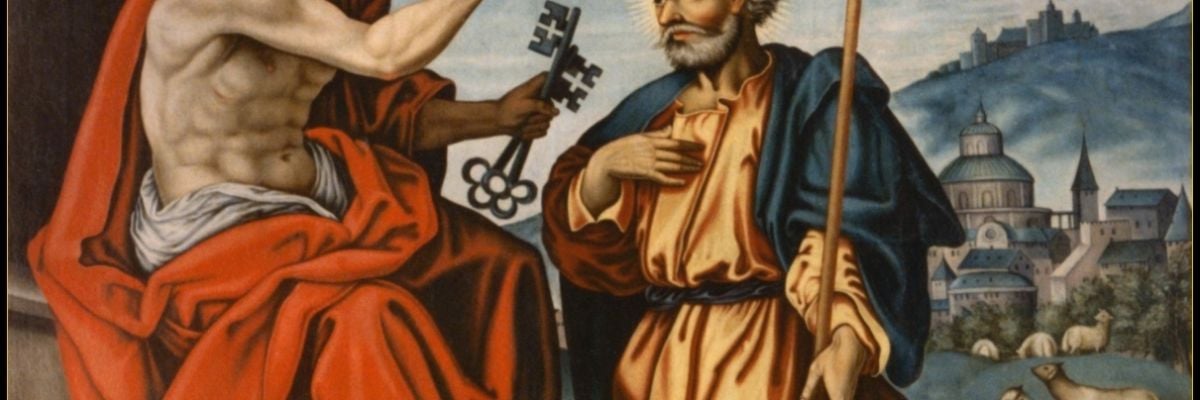
Question:
Answer:
The essence of apostolic succession is that each bishop has been ordained by someone who was ordained by someone who was ordained by someone who was ordained by someone, etc., all the way down to the original apostles. Apostolic succession is dependent upon the valid passing on of the sacrament of holy orders.
Local bishops have been chosen in various ways throughout history. Sometimes it was done by local clergy with the approval or rejection by bishops from the surrounding area. Other times the metropolitan bishop decided himself who would be a bishop. By the Middle Ages, the practice had been adopted that the monarch would choose or have a veto over who would be a bishop in his kingdom. Even in the early nineteenth century, the British monarch held veto power over who could be appointed a Catholic bishop in Ireland. This matter was highly contentious throughout history. Sometimes the Church had agreements with governments, and sometimes there were great disagreements over the terms.
It must be noted that while monarchs could sometimes choose who would be appointed to a diocese within his kingdom and who would become a bishop, they did not ordain anyone bishop. The sacrament of holy orders was always passed on through the laying on of hands and appropriate Church ritual. Therefore, apostolic succession was perfectly protected, even though the selection of the bishop was a less than ideal process.



